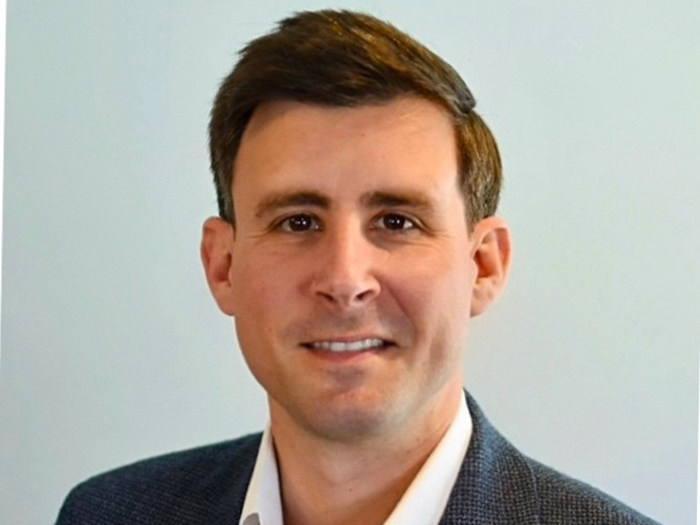Your Solo Workers Face Safety Risks, But New Solutions Abound

A housekeeper at a northwest Miami-Dade County hotel is assaulted by two men with a gun. A realtor is jumped by three men who break a glass lamp over his head in Snohomish County, Washington. A teen restaurant worker in South Carolina has hot coffee thrown in her face by a customer who is angry about waiting too long in the drive-thru.
Frightening incidents related to the safety of solo workers abound with even a cursory Internet search. These unfortunate stories, all of which occurred in the last six months, along with many others, reveal just how dangerous it can be to work alone.
Even when the threat is not from another person, there are other risks associated with working solo — including getting injured or having a health issue.
Many jobs entail tasks that workers do alone. Consider hotel housekeepers, child welfare workers, convenience store clerks, property managers, home health care workers, traveling salespeople, truckers, security guards … to mention just a few.
Stories of threatened or injured solo workers often hit national headlines and are repeated on social media. They have drawn the attention of lawmakers.
Following a sexual assault on a hotel worker in 2018, New Jersey in June became the first state in the nation to mandate that housekeeping employees working alone in hotel rooms carry panic buttons.
There are few, if any, OSHA standards specific to the risks of solo work. The General Duty Clause, however, imposes a burden on all employers to protect workers from serious and recognized workplace hazards — even where no specific standard applies.
In addition, companies and employees alike are increasingly aware of the importance of protecting solo workers against harm.
“I think people are becoming more vocal about feeling threatened or unsafe,” said Kasey Hodges, vice president of KATANA Safety, which produces personal security systems. “With an increasing number of people working out of the home or office, [security] is becoming more relevant.”
In 2018, the company introduced the KATANA Safety Arc, which is hardware that attaches to smartphones. The company touts the product as a convenient tool because it, along with a phone, can always be at hand.
“If you think of a thing we have with ourselves almost all the time, it’s our phones,” said Hodges.
The system, which costs $149 for the hardware and a $9.99 a month subscription, involves three levels of security.
“Any good human resources person or COO would know that employees who feel safe are going to be more productive.” — Kasey Hodges, vice president, KATANA Safety
First, there is the hardware that features a button that a user can push to sound a silent or audible alarm. The second level is connection to a center monitored 24/7 by staff who can alert law enforcement to a user’s location.
And last is an app that performs a couple of functions. It can let a designated group of family or friends see a person’s GPS location if needed, and includes the Walk with Me feature that allows a user to stay on the phone with a call center staffer when they are in a lonely or isolated place like a parking garage at night.
Safety and Productivity Go Hand in Hand
Other companies, too, are getting in on the effort to better assure solo employee safety. AlertMedia, which is based in Austin, Texas, was founded in 2013.
Its product, SafeSignal, is a mobile app and monitoring system that works in conjunction with a tether or headphones plugged into any iOS or Android phone. If a user pulls the tether or headphones out of the phone, a call center monitored 24/7 by trained safety personnel is alerted and can contact law enforcement.
Alex Vaccaro, vice president of marketing for AlertMedia, said one benefit of SafeSignal is that it is easy for workers to use.
“They don’t have to use fine motor skills if they’re being attacked or their life is threatened,” she said.
Keeping solo employees safe while on the job has numerous other benefits for businesses.
“It helps with employee morale and retention,” said Vaccaro. “If employees have a tool that helps them feel supported in the field it really helps with their confidence.”
“Any good human resources person or COO would know that employees who feel safe are going to be more productive,” added Hodges.
AlertMedia has more than 1,200 customers overall for its various safety products.
One of the company’s customers is CentraCare Health, which has found that offering a tool to promote safety for solo employees helps them stand out in a competitive job market.
“It positions CentraCare as an employer of choice in the region — a huge competitive advantage given the growing nursing shortage,” said Kristen Husen, home care and hospice director, CentraCare Health, a non-profit health system in central Minnesota. &











